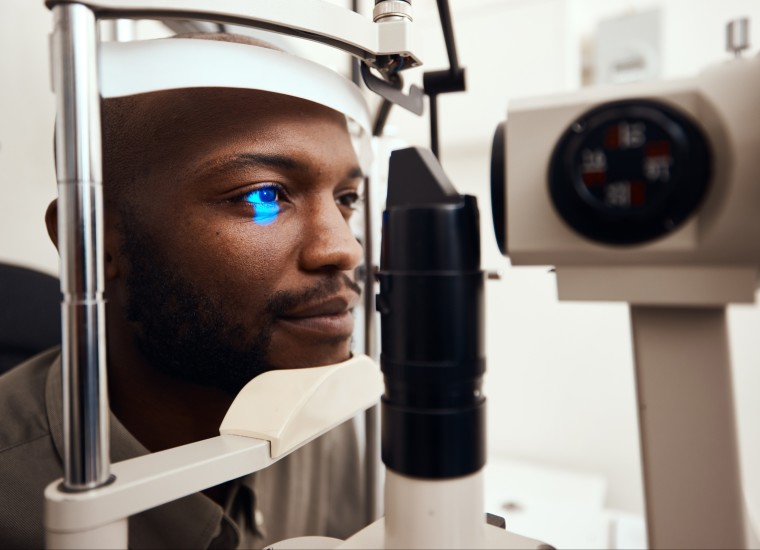All Categories
Featured
Table of Contents

Normal eye examinations are crucial for preserving excellent vision and finding prospective eye health concerns early. However, the frequency of these exams can vary considerably based upon a person's age, way of life, and total health. Recognizing the advised schedule for eye examinations can help guarantee that individuals of any ages get suitable care and surveillance for their eye health.
Newborns and Toddlers (0-2 Years)
For toddlers and babies, eye exams are critical for discovering any kind of potential vision issues at an early stage. The American Academy of Ophthalmology advises that a child's initial eye exam need to take place at around six months old. Throughout this preliminary browse through, the eye care professional will assess the youngster's visual development and check for any noticeable eye issues.Following this very first test, it is suggested that children have another eye examination at age three. This go to will certainly concentrate on analyzing the kid's overall aesthetic function, including eye alignment and the capacity to track items. If no problems are detected, the following exam should be scheduled before the child begins institution, commonly around age 5 or six.
School-Aged Children (6-18 Years)
As soon as children get to school-age child, regular eye tests ought to be scheduled every one to two years. Vision is crucial for finding out and advancement, and several institutions conduct vision testings. Nonetheless, these screenings do not change a thorough eye test by an eye treatment professional.For children involved in sporting activities or activities requiring substantial visual emphasis, yearly eye examinations might be suggested. In addition, if a child shows signs of vision troubles-- such as problem checking out, scrunching up your eyes, or regular headaches-- a browse through to the eye doctor need to be scheduled asap.
Young Person (19-39 Years)
Youthful adults normally have fewer vision changes than older age groups, but normal eye exams stay necessary. The basic recommendation is to set up an eye exam every 2 years during this duration. However, people with particular risk factors-- such as a family history of eye illness, diabetic issues, or those that use contact lenses-- need to consider annual eye examinations.Additionally, those that spend significant time on electronic tools might experience electronic eye strain. If symptoms such as dry skin, exhaustion, or blurred vision occur, it might be smart to see an eye care professional quicker.
Adults (40-64 Years)
As people go into midlife, the possibility of creating vision issues rises. Grownups aged 40 to 64 need to set up eye exams each to 2 years. This age team may start to experience presbyopia, an all-natural age-related problem that makes it challenging to focus on close objects. Eye examinations can also aid detect various other typical age-related problems such as glaucoma, cataracts, and macular degeneration.If individuals in this age have threat factors such as hypertension or diabetes mellitus, they may call for more frequent assessments to check their eye health and wellness closely.
Senior Citizens (65 Years and Older)
For elders, normal eye examinations end up being also extra essential. The American Optometric Association recommends that individuals aged 65 and older have an eye test at least once a year.Verdict.
Comprehending the appropriate timetable for eye examinations based upon age is crucial for preserving optimal eye health throughout life. From babies to elders, routine eye assessments play a vital duty in finding issues early and ensuring that vision remains sharp. By adhering to these guidelines and speaking with an eye care expert, individuals can take proactive actions toward protecting their vision and overall health and wellness. Whether it's a youngster's first go to or a senior's yearly check-up, focusing on eye care is a financial investment in long-lasting wellness.Latest Posts
How Custom Gates and Fences Shape Outdoor Spaces
Published Jan 20, 25
1 min read
Top Reasons to Invest in Continuous Panel Fencing Today
Published Jan 19, 25
1 min read
The Importance of Regular Oil Changes for Engine Longevity
Published Jan 17, 25
1 min read